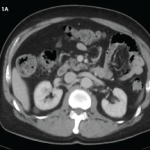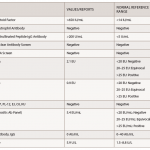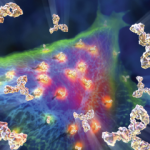Angioimmunoblastic T cell lymphoma (AITL) is an aggressive, peripheral T cell, non-Hodgkin’s lymphoma with an incidence of 0.05 cases per 100,000 person-years in the U.S., and it typically manifests in adults older than 60 years.1,2 AITL was previously known as angioimmunoblastic lymphadenopathy with dysproteinemia, immunoblastic lymphadenopathy or lymphogranulomatosis X, due to the hypothesis that the…






